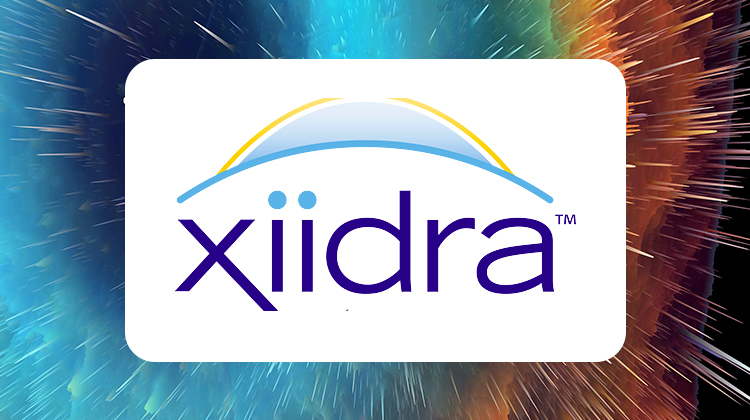Dry Eye Newbie Xiidra Grabs Large Market Share

During the run-up to the launch of Shire’s dry eye drug Xiidra (lifitegrast), it seemed as though everyone was wondering what kind of threat – if any – it would pose to Allergan’s Restasis (topical cyclosporine 0.05%).
With an estimated 30 million dry eye sufferers and only 1 million or so on prescription treatment, many a new entrant may have a difficult time convincing these largely underserved patients to seek treatment. Shire concentrated its efforts on playing off Xiidra’s double “i”s, playfully asking consumers to “say hii to Xiidra,” or “niice to meet you.”
Not a company to sit idly by, Allergan upped the ante and started advertising that encourages people through “eyepowerment” to talk to their physicians if they have symptoms of dry eye.
Turns out, results are a mixed bag. Shire considers Xiidra to have had “an exceptional new drug launch” by capturing 19% of the market in the four months it was commercially available in 2016, with more than 200,000 prescriptions written and $54 million added to Shire’s bottom line. Shire has since said Xiidra now owns 20% market share after only six months on the market.
For its part, Allergan noted overall sales for Restasis grew substantially during 2016, going from $1.05 billion in 2015 to $1.49 billion in 2016. The company introduced a new multidose bottle during 2016, yet kept pricing the same, which may have bolstered sales as well.
With the market expected to expand to about $2 billion, there seems to be ample room for both players.
Financial Nitty-gritty
Shire plans to aggressively pursue approval of Xiidra in Europe during 2017 and is awaiting Canadian approval. The company hammers home the message that Xiidra is a first-of-its-kind eye drop and the only one approved for signs and symptoms of dry eye. (Restasis is approved for “low tear production due to ocular inflammation associated with keratoconjunctivitis sicca,” but not specifically for dry eye.)
As is common in pharma, Allergan has been fending off intellectual property right challenges that cover Restasis, specifically from Mylan. As a result, the US Patent Office is currently reviewing all of the Orange Book-listed patents covering Restasis.
Most analysts believe the suit will ultimately fail, as Allergan extended its patents through 2024 on key portions of the Restasis compound. Plus, some analysts have predicted generic competitors to branded Restasis will not have an easy time garnering FDA approval. Allergan expects sales of Restasis to remain constant through 2017.
